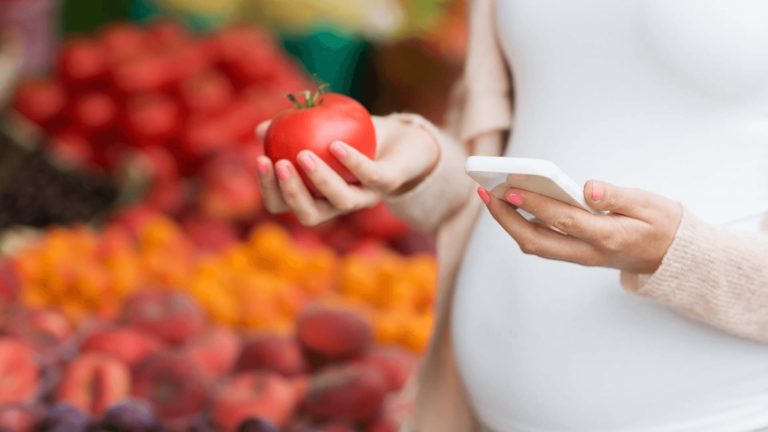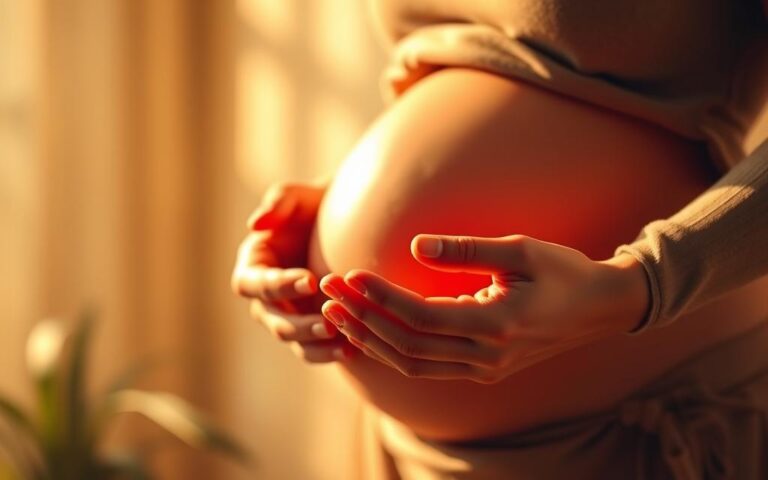Will my Appetite Change During Pregnancy?

Understanding Changes in Appetite During Pregnancy
Pregnancy brings a myriad of changes, and fluctuations in appetite are among the most common. While stereotypes often portray cravings for unusual food combinations, every woman experiences pregnancy uniquely, with appetites varying even between different pregnancies.
Increased Appetite: A Natural Phenomenon
One noticeable change for many pregnant women is an increase in appetite. This surge is not only driven by the body’s heightened nutritional demands but also by long-standing cultural beliefs of “eating for two.” Despite this notion, the reality is that pregnancy typically requires only an additional 300 calories daily above pre-pregnancy levels—approximately a 20% increase for someone on a 1500-calorie diet.
Dispelling the Myth of “Eating for Two”
While nutritional needs do increase during pregnancy, they are not as excessive as commonly believed. The focus should be on quality rather than quantity, adhering to recommended dietary guidelines to ensure adequate nourishment for both mother and baby.
Also read: Dealing With Nausea From Your Prenatal Vitamin: Can You Stop Taking It?
Decreased Appetite: When Concerns Arise
Conversely, some women experience a decrease in appetite during pregnancy, which is less common but can occur due to various physiological reasons. If you notice a significant loss of appetite, it’s crucial to consult your healthcare provider promptly. This could indicate underlying issues that require attention to ensure both maternal and fetal health.
Conclusion
Understanding and monitoring changes in appetite during pregnancy is essential for maintaining optimal health. Whether you’re navigating increased cravings or unexpected decreases in appetite, consulting with your healthcare provider ensures personalized guidance and support throughout this transformative journey.
Also read: Omega-3 Fatty Acids For Pregnancy: Essential Nutrients For Your Baby’s Development






